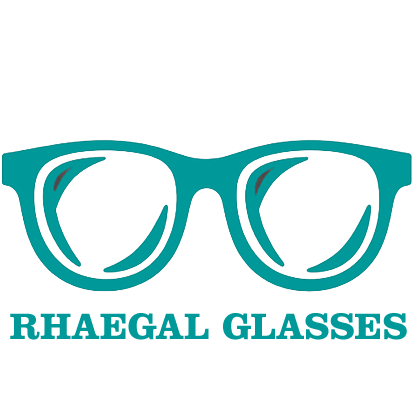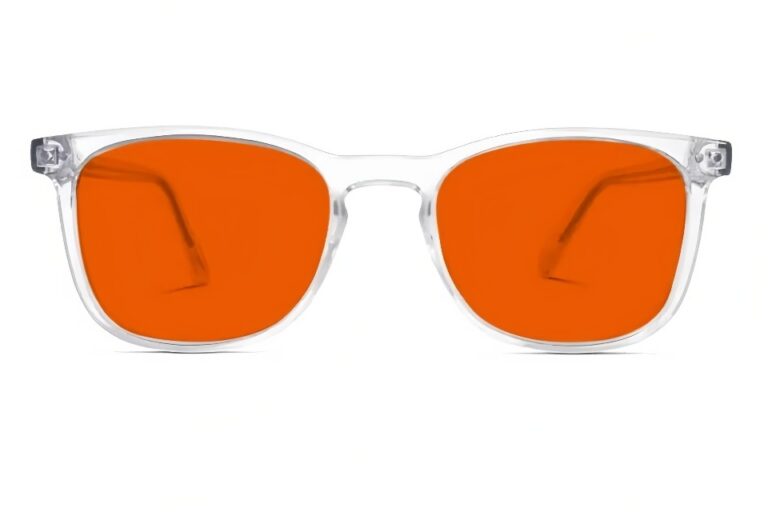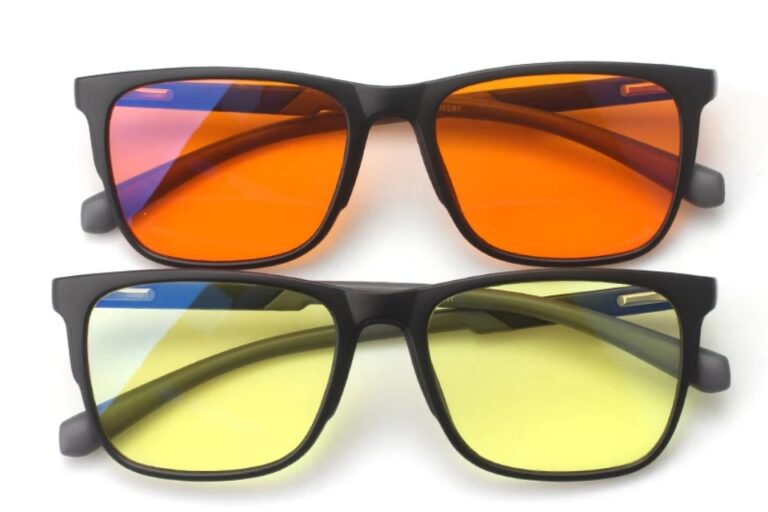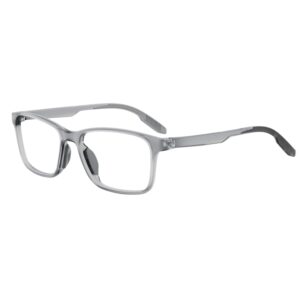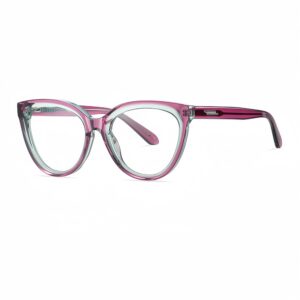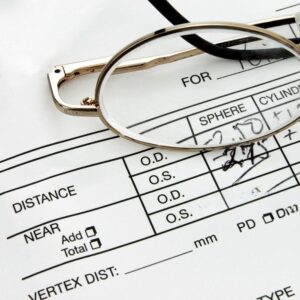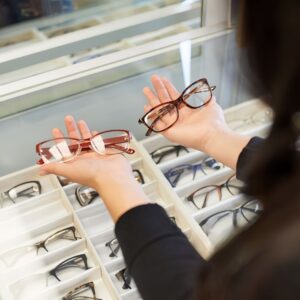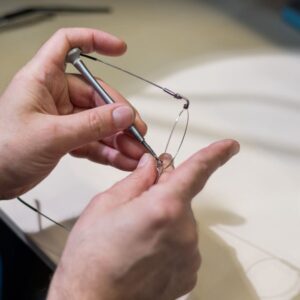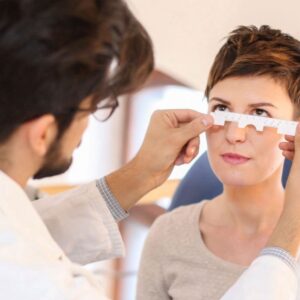
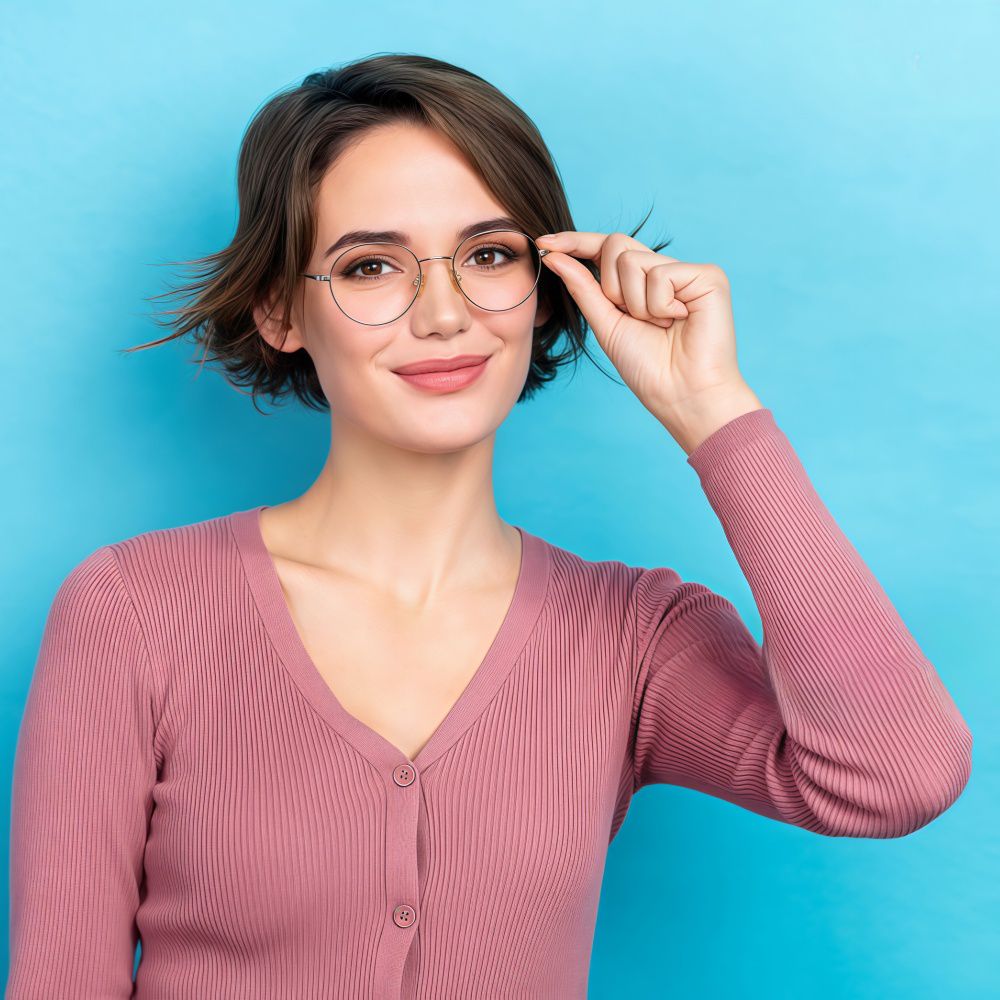
What Does the Axis Mean on Your Eyeglass Prescription?
Have you ever looked at your eyeglass prescription and wondered what all those numbers and terms mean? One term that often causes confusion is the “axis.” Understanding the axis on your prescription can help you make sense of your vision correction needs. This article will break it down in simple terms, so you know exactly what the axis means and why it’s important.
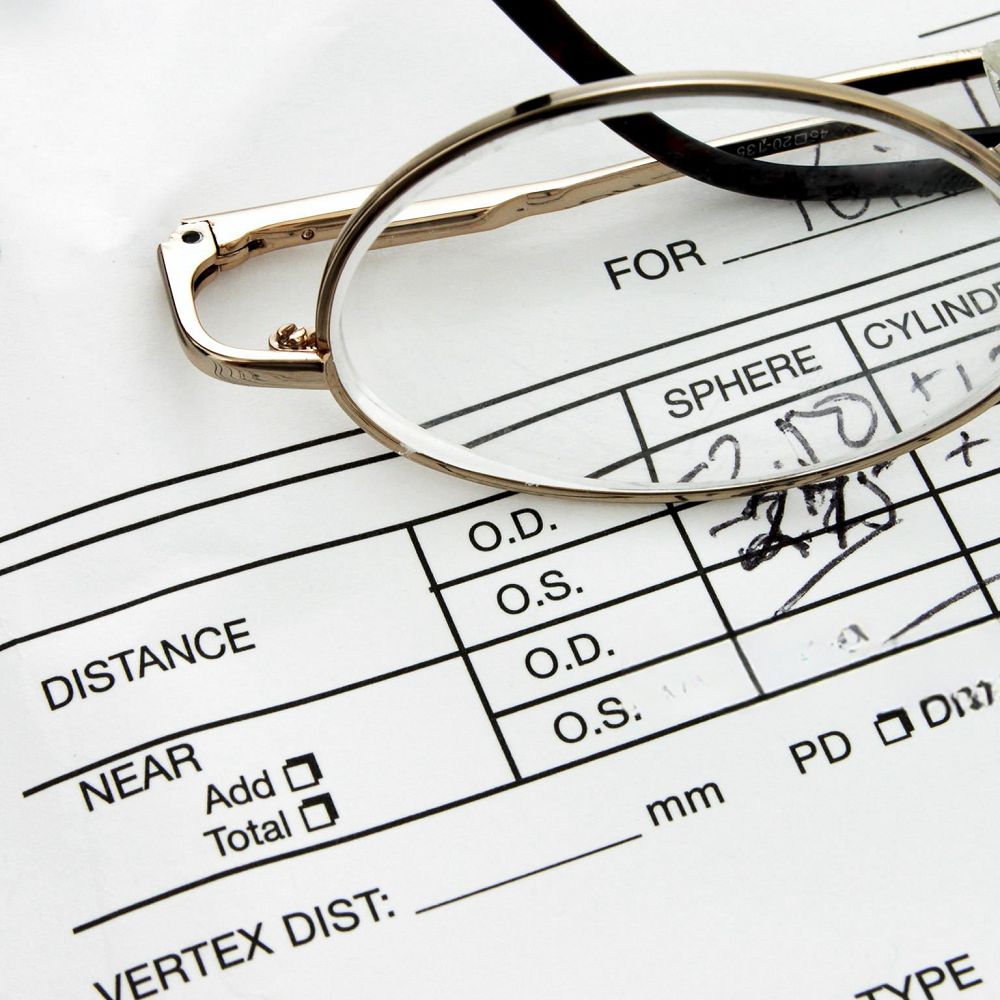
How Long Are Eye Prescriptions Good For? Understanding Prescription Expiration Dates
When was the last time you had an eye exam or updated your eyeglass prescription? If you’re squinting at this text or experiencing frequent headaches, it might be time to revisit your eye care professional. Understanding how long eye prescriptions are good for is essential for maintaining optimal vision and eye health. This article unpacks everything you need to know about prescription expiration dates, so keep reading to ensure your eyes are seeing the world clearly!
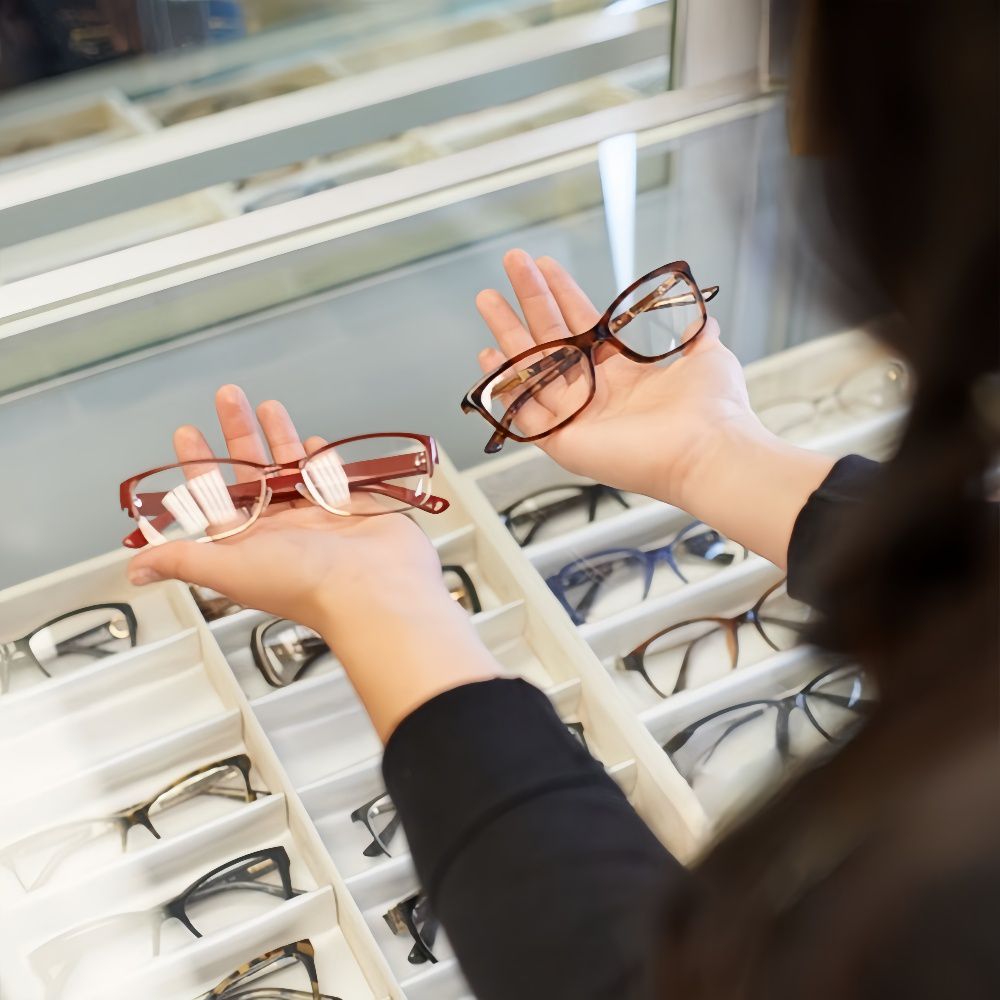
Bifocal Glasses vs. Progressive Lenses: Why Bifocals Come Out on Top
Are you torn between bifocal glasses and progressive lenses? You’re not alone. Choosing the right eyewear can be a daunting task, especially when both options promise to improve your vision. In this article, we’ll delve into the world of bifocals and progressives, exploring their differences, benefits, and why bifocals might just be the better choice for you.
